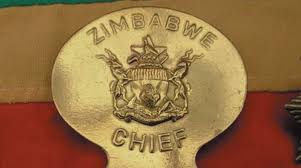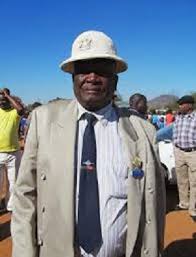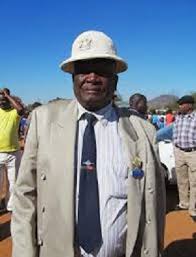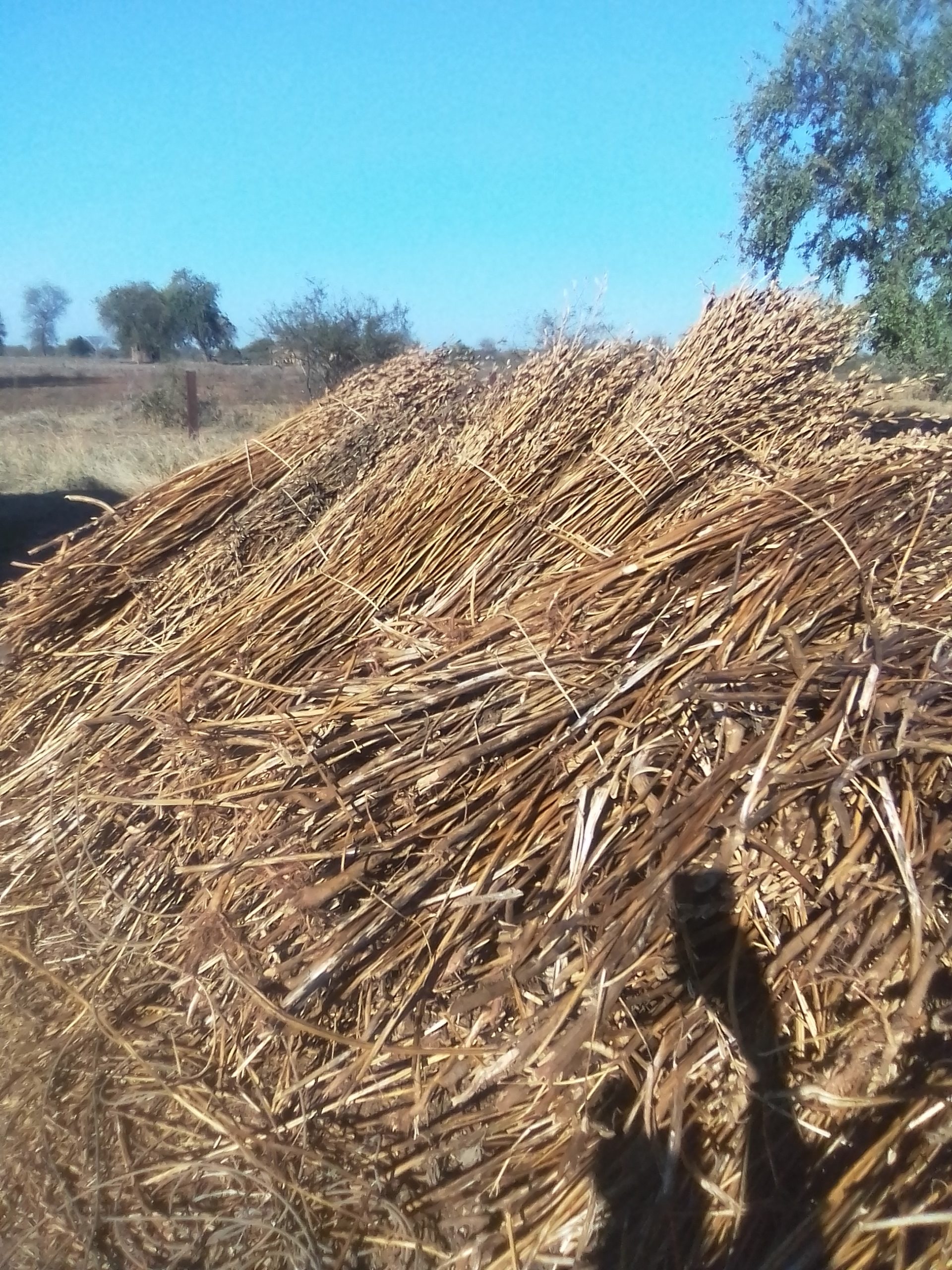He was laid to rest with his ancestors. He is not at the national heroes, Provincial or District shrines because he was a vilian. No. He is not there because his cultural values demands that he be buried where he was rested last week, but he is a hero per-say.
By Patrick Chitongo
He was born Hlaisi Mundau on 1 September 1946 at Impala Range, Mkwasine, commonly known as Naude ranch today.
He grew up there and went to Muteyo primary school and St Dominic. He aquired a Certificate in Advanced farming, the field he was very passionate in.

After school, he became a businessman. He was among hundreds of people who were bundled into restricted areas known as “Keeps” by colonial settlers.
While in that probibitive enrolment between 1976-1979, Chief Tshovani took advantage of being a business man operating several grocery shops in different Keeps.
He would from time to time supply goods and necessities to armed soldiers on different designated points.
After the war, he went to South Africa where he worked before coming back and started farming.
In 1980, he was an example of a good farmer and leader after he considered Government’s request to establish an irrigation scheme-Tshovani irrigation scheme at a place where he was now staying as his home.

Chief Tshovani agreed to move from the area to Chizvirizvi. Government went on to establish the irrigation scheme which was later named in his name. The 360 hectres irrigation is still functional.
There are 120 beneficiaries from different areas and districts, each farming an average of 3 hectares.
Before his death, he had invited President ED Mnangagwa to come at his home to receive a donation of 30 tonnes sorghum.
The President promised to visit him on 26 May but could not do so due to other commitments.The donation remains uncollected at the Chief’s homestead.
Chief Tshovani was appointed substantive Chief on 27 July 1995. To date, he had served 26 years, making him one of the longest serving chiefs in the country.
His funeral was State assisted to the tune of Rtgs $97 632 from the Ministry of Local Government while an undisclosed figure from the Government is yet to come.
Like any other chief, the decorated Shangani leader had 4 wives and 30 children. He also left an extended family of grandchildren am mounting to 103.














